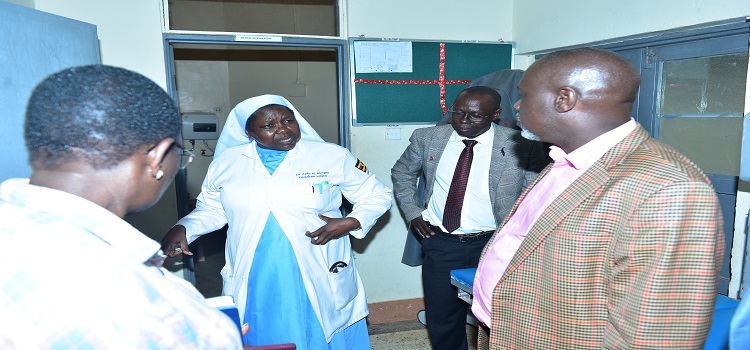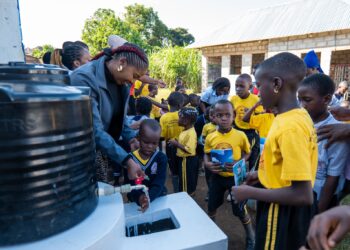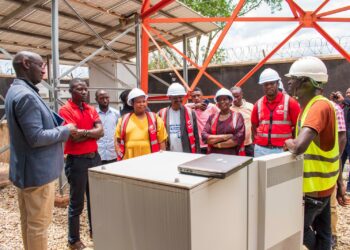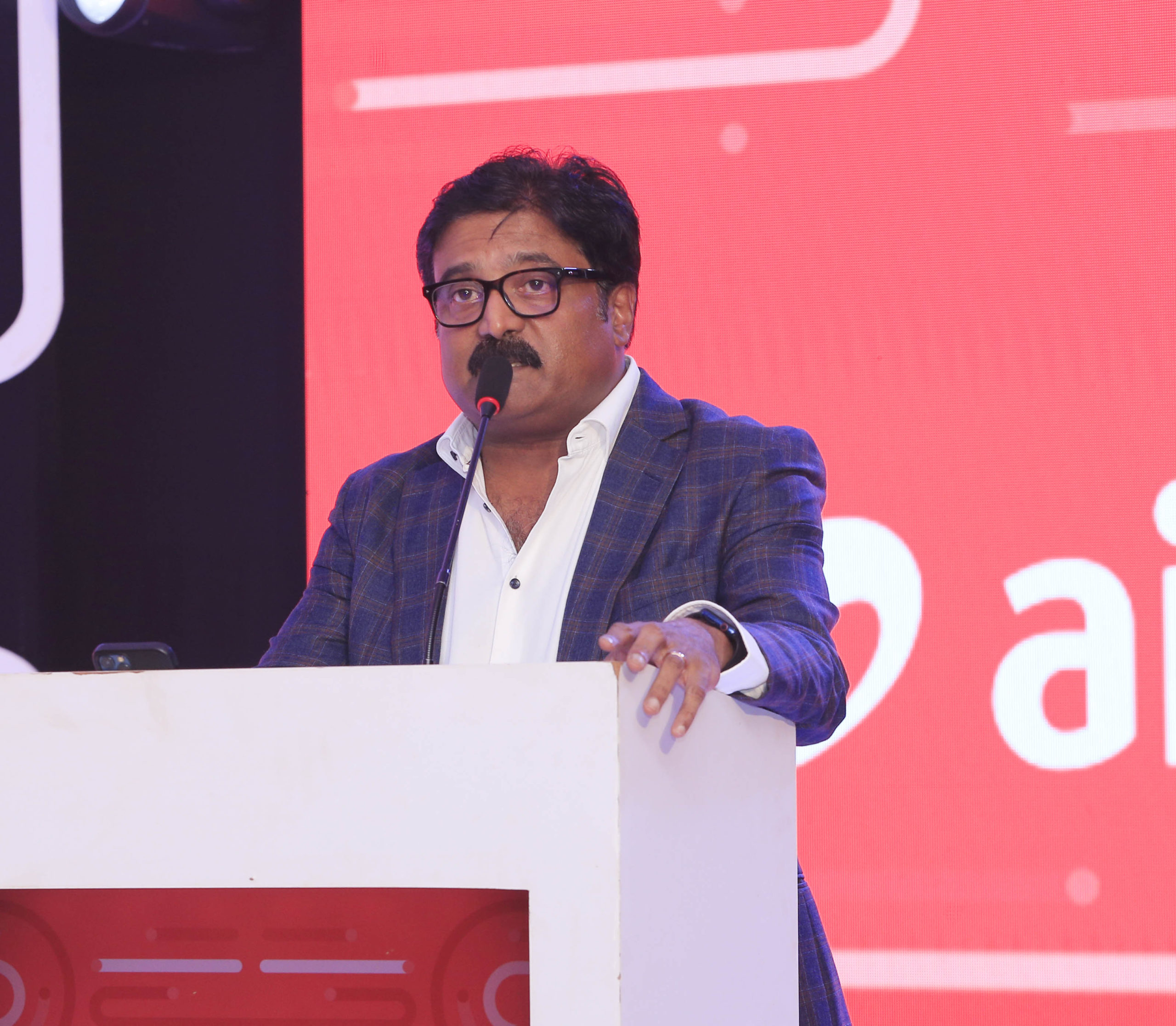Soroti Regional Referral Hospital is in a state of disrepair significantly hampering its ability to provide adequate medical services.
According to Professor Mary Margaret Ajiko, a consultant surgeon at the hospital, there is a need for new infrastructure and resources.
She highlighted that since the hospital was designated a regional referral facility in 1996, no new structures have been built to accommodate the growing patient load.
“We find that, for example, you go to the Outpatient Department, it is very small and meant for a population maybe of 500, but here we are seeing a population of 2.7 million. It gets so crowded and it is not easy to manage,” she explained.
Ajiko’s statement comes on the backdrop of the visit of the Committee on Government Assurance and Implementation.
The committee’s visit follows Parliament’s approval of substantial loans in 2019 and 2021 to upgrade health centres across the country including the construction and equipping of new facilities and recruitment of staff.
The committee’s ongoing oversight aims to ensure the projects are implemented effectively to improve healthcare delivery.
Ajiko added that the lack of an accident and emergency unit is problematic.
“When patients are involved in accidents and they are brought in, they are taken directly to the wards. The wards are so small that patients are often on the floor,” she said.
The lack of adequate surgical facilities often means surgeons are forced to wait for hours to access space for emergency operations.
MPs on a guided tour of Soroti Hospital.
Dr Ben Watmon, the Hospital Director said that the facilities at the hospital are dilapidated beyond renovation. “Most of the facilities were constructed in the 1940s and they have outlived their usefulness but we continue to deliver service with what we have. We look forward to getting better infrastructure, he said.
The Chairperson of the committee, Hon. Abed Bwanika, acknowledged the severe challenges faced by the hospital.
“We can tell with our eyes that the Uganda Peoples Defence Forces (UPDF) here are doing good work. They are the ones who are working on the oxygen plant. They have so far done 90 per cent of the work and that is excellent,” Bwanika said.
However, he also stressed the urgent need for more comprehensive solutions. “Some of the facilities in the hospital are highly dilapidated. Roofs are falling off; space is not enough. We need a new hospital for this region,” he said adding that, ’they don’t have a theatre; I have looked in their theatre. It is a small room. The government must come in so fast to provide those critical areas’.
Bwanika offered an assurance that they would advocate for immediate government intervention to upgrade the hospital’s facilities.
“They have the doctors, the surgeons but they don’t have a theatre that can accommodate the surgical operations. We are going to talk to the government and see that undertaking is a priority,” he added.







Discussion about this post